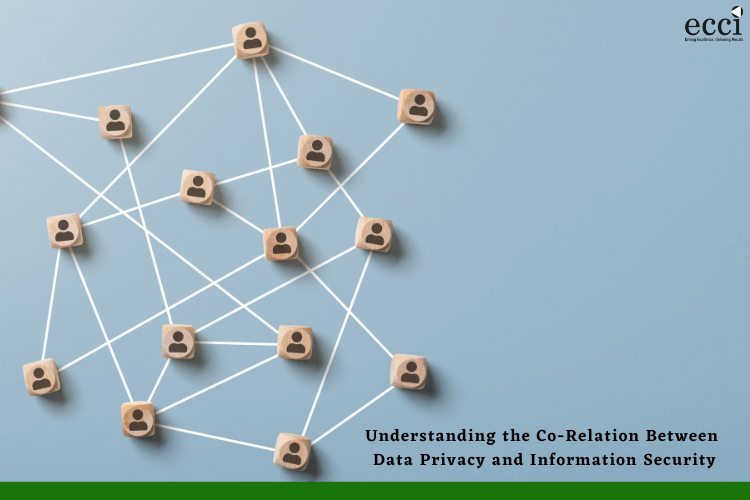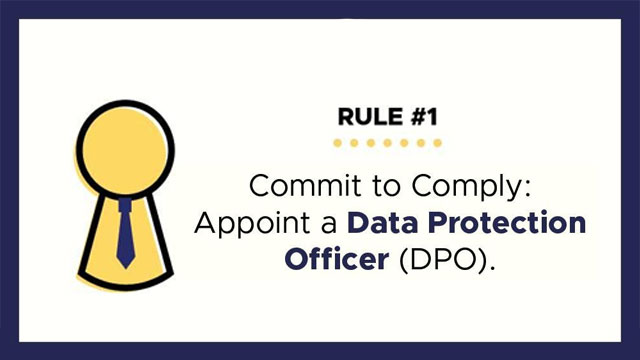Understanding Critical Security Controls By Center For Internet Security- Part 2

Unlock cybersecurity resilience with our guide on implementing CIS Critical Security Controls. Elevate your defenses now!
Understanding the Co-Relation between Data Privacy and Information Security

Dive into the synergy of data privacy and information security. Discover differences, stats, and real-world examples in our latest post!
A Summary of RA No. 10173 or the Data Privacy Act of 2012

Under the Data Privacy Act of 2012, the Philippines has taken significant steps to protect personal data, with the National Privacy Commission overseeing compliance. From defining personal data to mandating registration and response protocols, the law aims to ensure privacy rights while fostering innovation.
5 Pillars of Data Privacy Compliance – Pillar 4: Implement Data Privacy and Security Measures

In today’s digital age, data privacy is paramount, with laws like the Philippines’ Data Privacy Act of 2012 reinforcing protections inspired by global standards. These laws aim to balance privacy rights with information exchange, emphasizing robust security measures and technological vigilance to ensure data remains safe.
Understanding Data Privacy Act of 2012

Discover the essentials of the Data Privacy Act of 2012 (Republic Act No. 10173), a pivotal legal framework designed to protect personal information in both public and private sector information systems. Gain valuable insights into key terms, compliance requirements, and potential penalties, ensuring organizations are well-informed and prepared to navigate the intricate realm of data protection regulations.
5 Pillars of Data Privacy Compliance (Blog Series) – Pillar 1: Appointment of Data Protection Officer

Why Appoint a DPO? A Data Protection Officer (DPO), in pursuant to the mandate of the National Privacy Commission to implement the Republic Act No. 10173 or more popularly known as the Data Privacy Act of 2012, one of is required to be appointed by the organization to ensure the protection of your personal data […]
5 Pillars of Data Privacy Compliance (Blog Series) – Pillar 2: Conduct a Privacy Impact Assessment

What is Privacy Impact Assessment? A Privacy Impact Assessment or PIA is a process used to assess and manage privacy impacts in planned or existing systems technology, programs, processes or activities. It is a tool for identifying and assessing privacy risks throughout the development life cycle of a program or system. A PIA states what […]
5 Pillars of Data Privacy Compliance (Blog Series) – Pillar 3: Write your Privacy Management Program and Privacy Manual

Discover the crucial elements of a Privacy Management Program (PMP) and the role of a Privacy Manual in ensuring adherence to data privacy regulations, including the Data Privacy Act of 2012. Gain insights into key guidelines and resources for crafting and implementing robust privacy measures.
